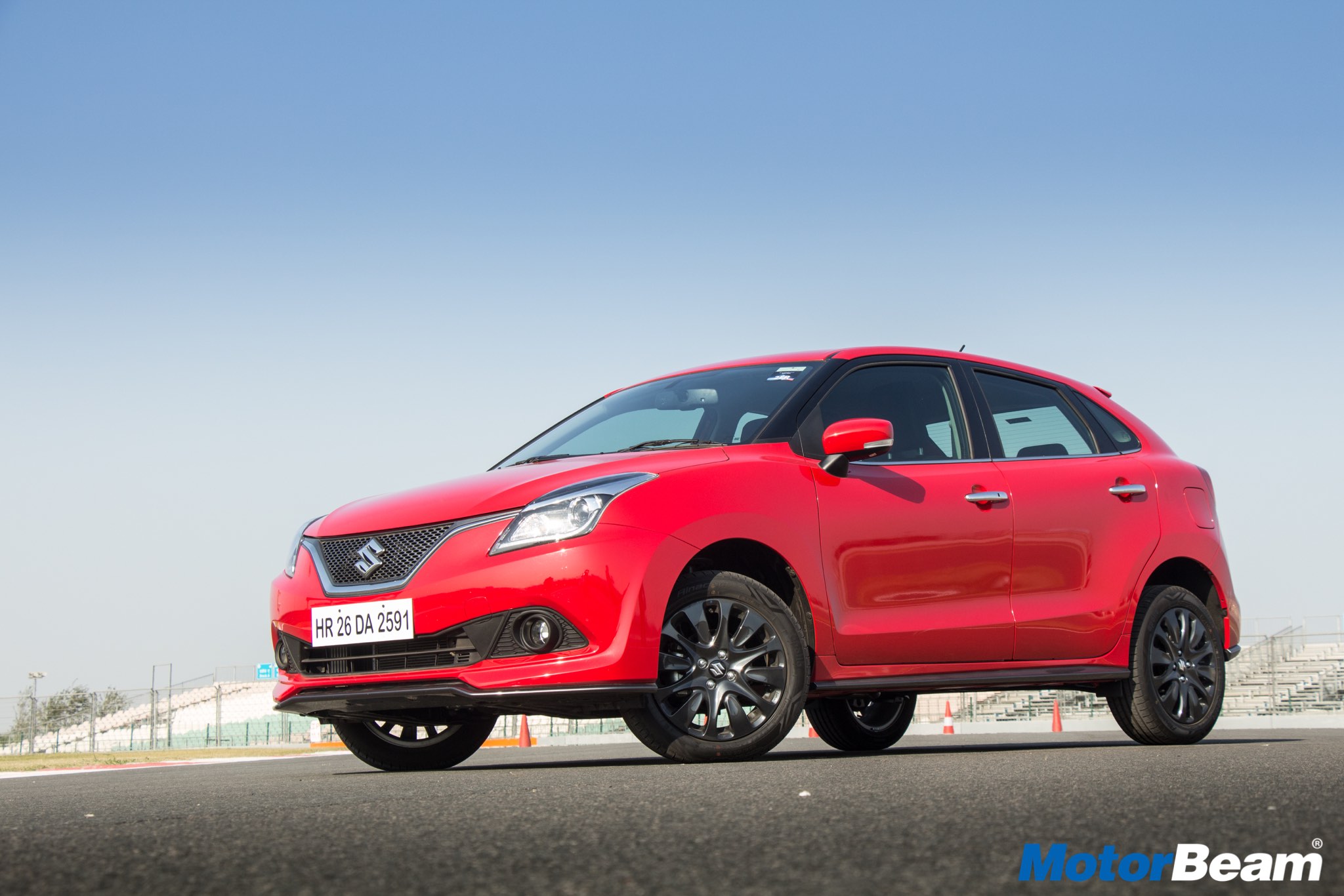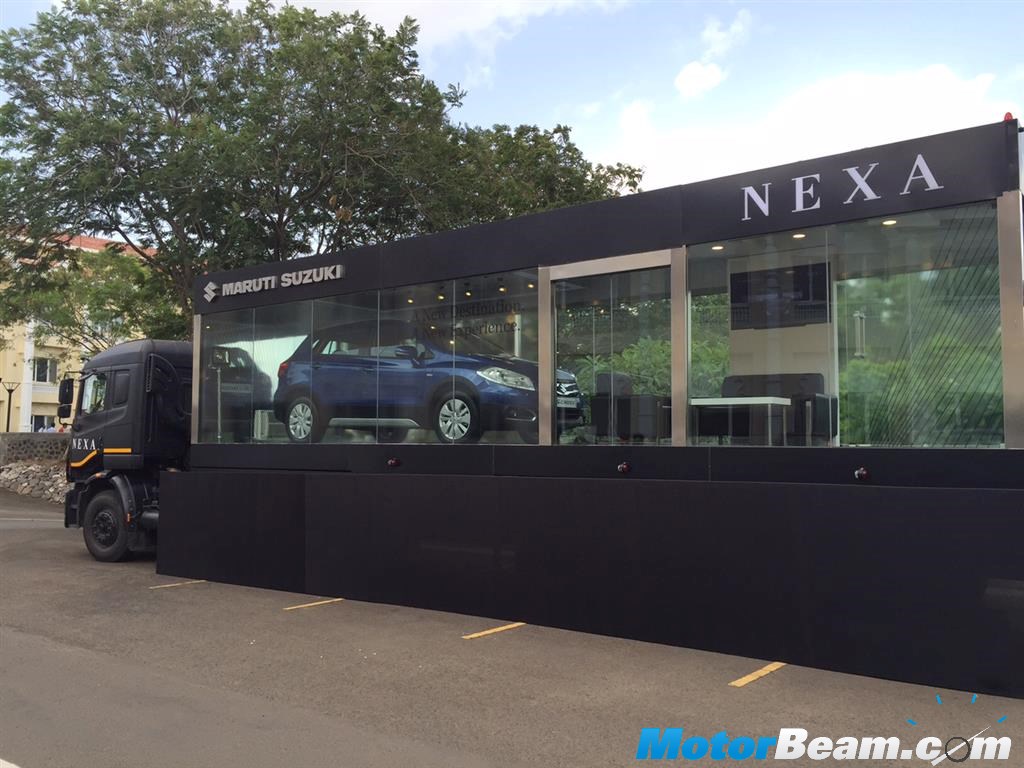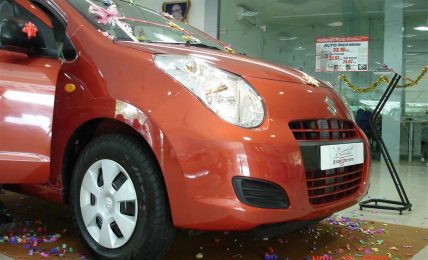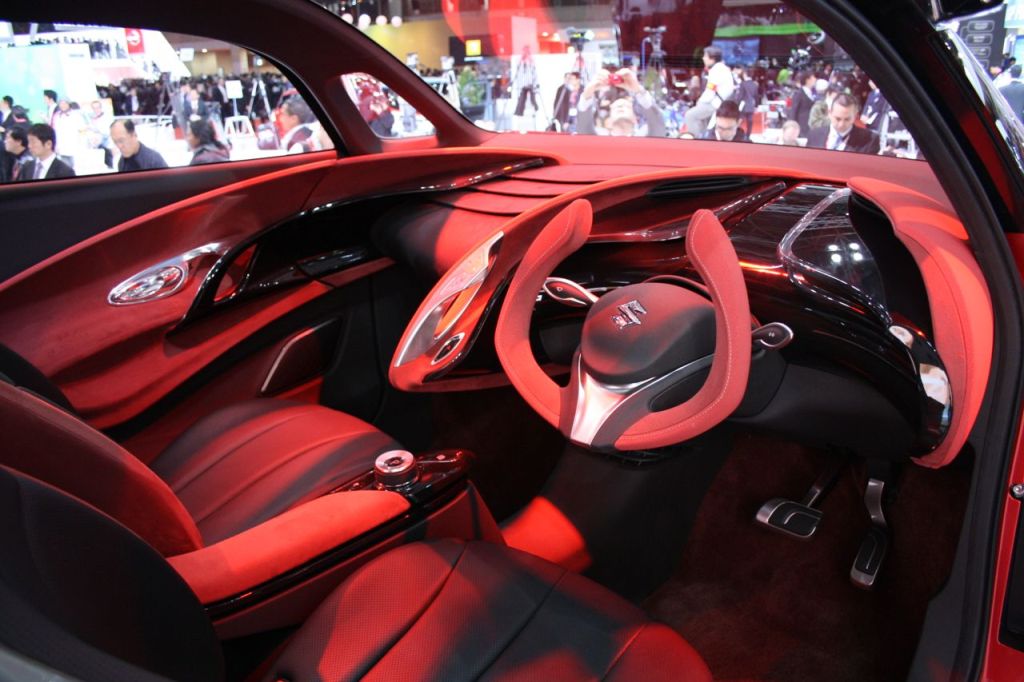Maruti Suzuki will buy land patches, build dealerships and will lease it to selected dealers
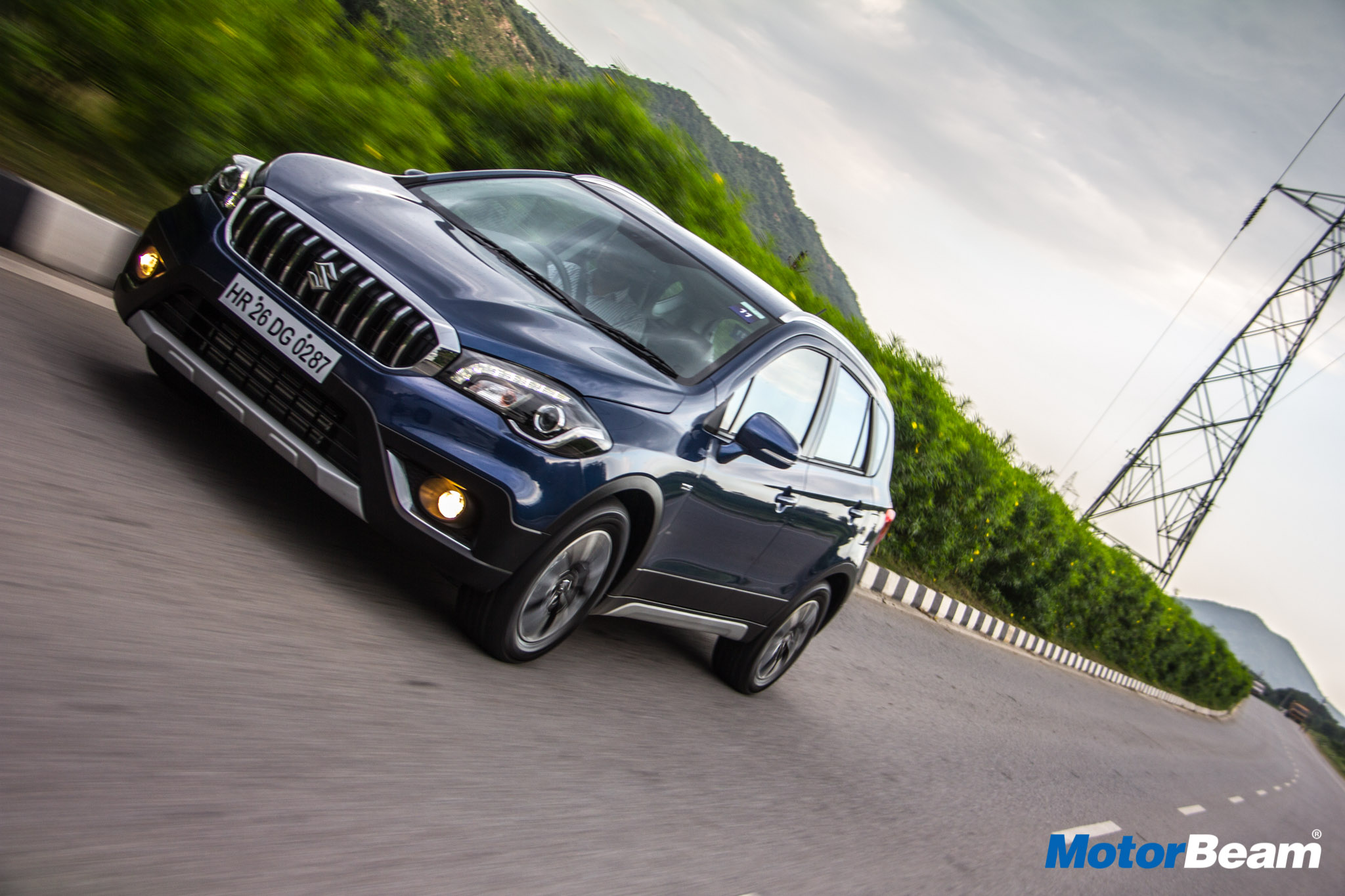
Maruti Suzuki is undoubtedly one of the most successful carmakers in India. Its 2096 dealerships in 1700 cities across the country along with 3293 service centers are the biggest epitome of its ever-increasing demand. The company doesn’t seem to stop at this as it has planned to spend a whole sum of Rs. 1000 crores for setting up 1500 new dealerships across India.
In a recent statement, the chief financial officer of Maruti Suzuki has clarified this. He also focussed on the growing prices of land and said that the relentlessly increasing prices in some of the major parts of India have dwindled the profitability of dealerships. Perhaps, the company wants to make itself secure from sky-rocketing of real estate prices in the coming days.
The Baleno maker’s plan of expanding its dealership reach has already been initiated as it has cracked 120 deals of land across the country. Once the company completes acquisition of lands and builts dealerships on them, it will lease all of them to a few selected dealers. During the last financial year, Maruti Suzuki sold 1.5 million units of its products and aspires to raise the number to 2 million units per year by 2020.
It may sound quite odd to compare but McDonald’s has a similar strategy of investing in real estate across the globe. In fact, the Burger joint has similar future plans for its expansion by increasing to 3700 outlets to reach a bigger audience in India. Maruti Suzuki has created a huge customer base in the country over many years and its plans sound promising to enhance it further.
Maruti Dealership Investment
– A sum of Rs. 1000 crores has been kept reserved for the investment
– Maruti Suzuki sold 1.5 million units in the last fiscal
– The company currently has a reach of 2096 dealerships across India
